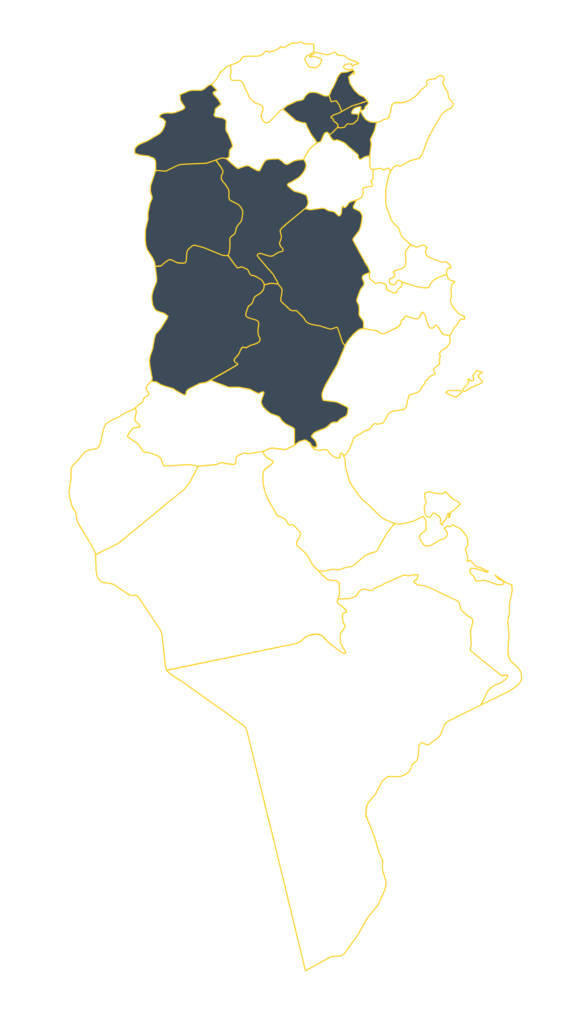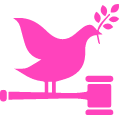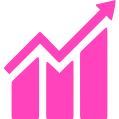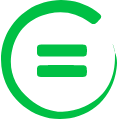TUNISIA
BACKGROUND AND CONTEXT
Tunisia ranks 43rd in the Global Terrorism Index (2025), with a shift in violent extremist tactics since 2017, now involving lone actors targeting security forces. Despite diminished extremist group capacities, ongoing socio-economic decline, worsened by COVID-19, fuels recruitment drivers, with youth unemployment reaching 30% and poverty exceeding 15%, leading to increased migration, some linked to violent extremist groups.
In Tunisia, the drivers behind violent extremism are: feelings of marginalisation and exclusion, perceived lack of governance, unemployment and lack of sustainable opportunities. GCERF began investing in the country in 2019 and till date USD 4.3 million has been invested to address these drivers of violent extremism.
OUR INVESTMENT STRATEGY IN TUNISIA
The primary objectives of GCERF’s investment are:
- strengthening trust between youth, community leaders and governance actors
- increasing economic opportunities for at-risk youth
To achieve these objectives, GCERF funds programmes that:
Strengthen socio-professional support of young people and enhance their sense of purpose
Strengthen coordination mechanisms between community members and local authorities
Tackle violence in schools by providing peace education and creating school councils for dialogue
KEY FIGURES
(cumulative from 2018 to March 2025)
AREAS WHERE WE WORK
Grand Tunis, Jendouba, Kef, Kasserine, Sidi Bouzid, Kairouan, Siliana

Newsletter

Sustainable Development Goals

Peace, Justice & Strong Institution
No Poverty

Quality Education

Gender Equality

Decent Work & Economic Growth

Reduced Inequalities

